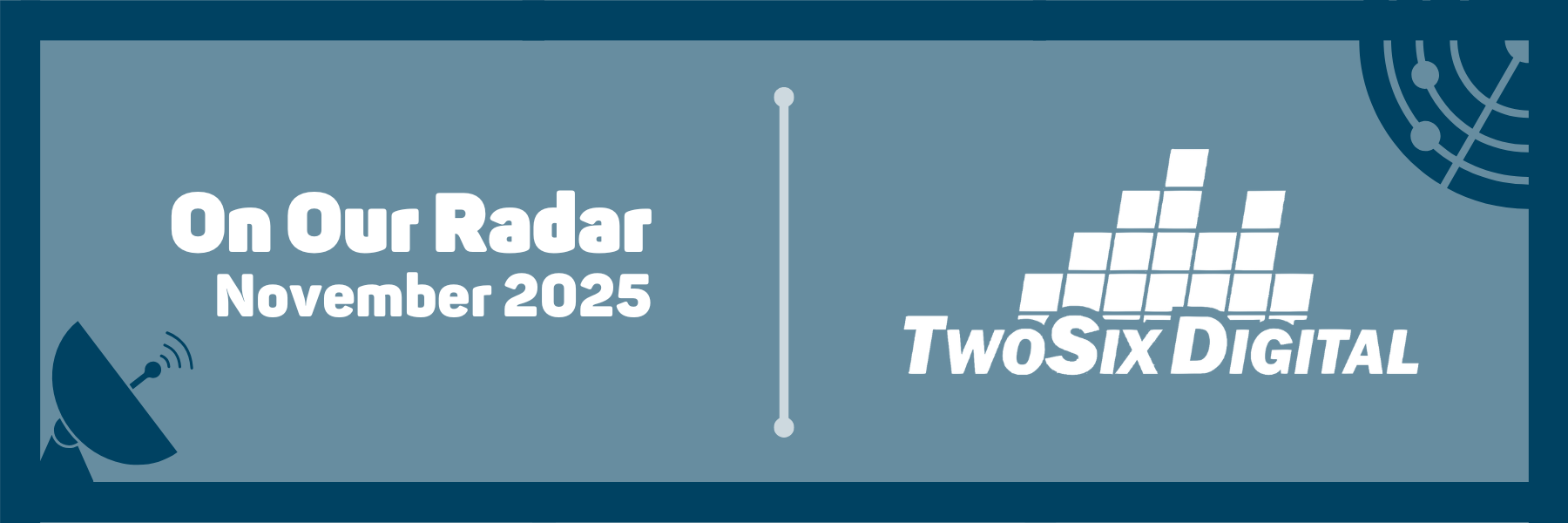
The TwoSix team is back and ready to share what’s On Our Radar for November so that you can stay ahead of the always-evolving digital marketing landscape. This month, the TwoSix team discusses email deliverability and content inclusions for 2026, Facebook’s algorithm update, Reddit ads, and more! Keep reading to find out what we’re keeping On Our Radar for November 2025.
 Brian Matson Senior Director of Strategy & Education
Brian Matson Senior Director of Strategy & Education Emails Not Delivering? Check Your DMARC!
DMARC verification is an email authentication protocol that protects against email spoofing by verifying that an email’s sender is legitimate. By implementing a DMARC record, you can help to build trust and maintain a positive reputation with email providers. Essentially, it’s a way to show that you take security seriously and are doing everything that you can to be in compliance with the wild, wild world of changes online.
You can check to see if you have your DMARC verification installed here.
If you don’t, this is something to bring to the attention of your web developer to have remedied as soon as possible. Don’t wait. Do it today.
 Nick Danowski Lead Content Strategist & Senior Data Analyst
Nick Danowski Lead Content Strategist & Senior Data Analyst Facebook’s New Algorithm Update: What You Need Know
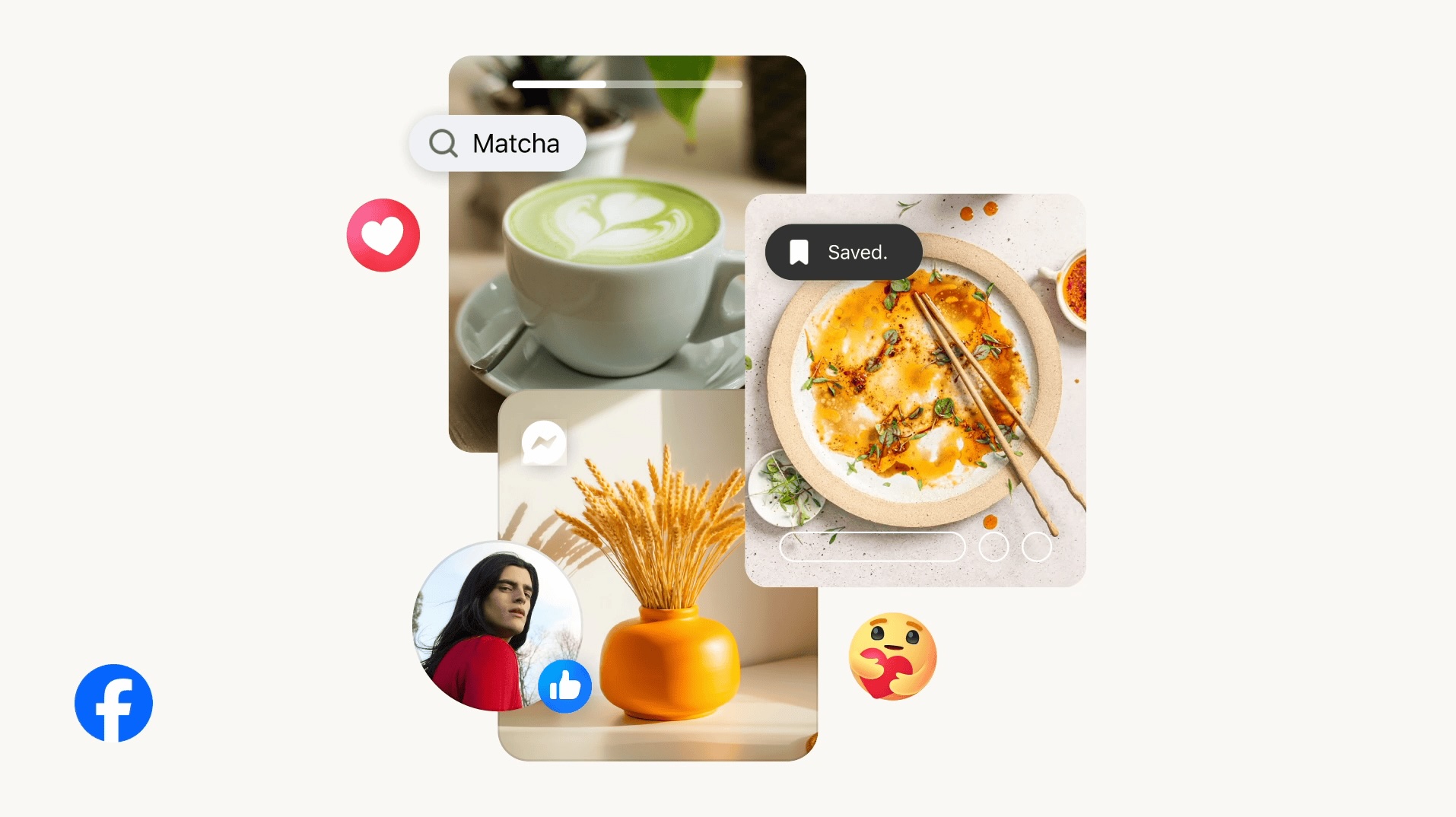
The biggest change for marketers is that Facebook will be prioritizing newer Reels, “surfacing 50% more reels from creators published that day”. This means that Reels will likely have a shorter lifespan on the platform. As a consequence, marketers should reuse content a lot more on Facebook. If you post a banger, it might now only live on for a week or two, so post it again with a few changes to get the most out of your video content.
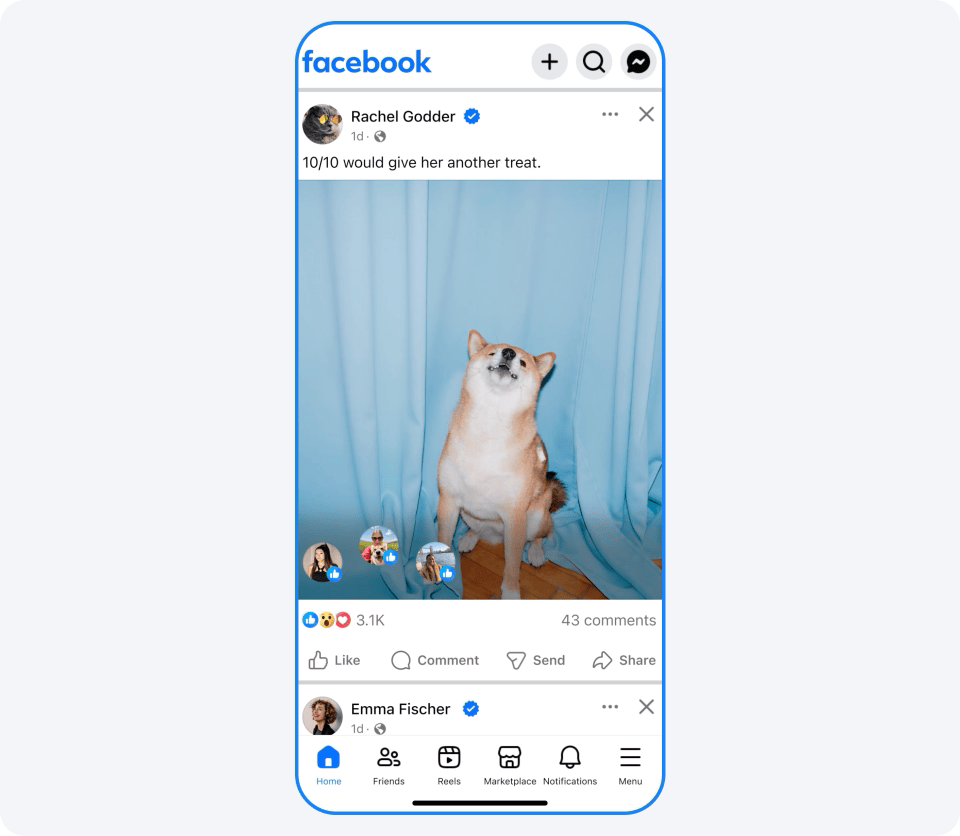
Buried in new features like friends’ bubbles and AI-powered search, which are important in their own right, is a stat about longer videos. Meta writes “reels over a minute make up a quarter of reels produced by creators with over 10,000 followers and over 50% of watch time on Facebook”. Wow. While I would still recommend DMOs and organizations generally stick to shorter videos, that tells us a lot about what users are looking for on the platform. But if you have the opportunity to tell a compelling story, you might get even more views.
 Scout Delicato Lead Digital Marketing Strategist
Scout Delicato Lead Digital Marketing Strategist Is Reddit the Next Big Ad Platform?
As advertisers look beyond Meta, Google, and Pinterest, Reddit is quietly becoming a serious contender. The platform reports over 400 million weekly visitors and more than 100,000 active communities, each a microculture with its own language, inside jokes, user-moderators, and rules. It’s messy, unpredictable, and incredibly human.
That humanity is precisely what makes it valuable. Around 90% of Reddit users say they use the platform research products and brands, a figure most social channels would kill for. Reddit users aren’t just seeing ads, they’re discussing them, dissecting them, and deciding whether to buy in. As a result, AI is learning to trust it too, making it one of the most-cited sites for AI tools like Google’s Search Summary.
Still, Reddit isn’t built for traditional campaigns. The same skepticism that fuels its authenticity also keeps it volatile. Brands that show up with canned creative or overt calls to action get buried fast. Success here means listening first, then blending in with the communities that you find valuable.
For marketers, this shift away from algorithm-driven discovery toward community-driven conversation is worth watching. Reddit may never match Meta’s reach, but it’s showing where digital trust is being rebuilt. In a world of polished feeds, Reddit is still a little rough around the edges, and that might be exactly why it works.
 Makenna Schmitz Director of Social & Email Marketing
Makenna Schmitz Director of Social & Email Marketing 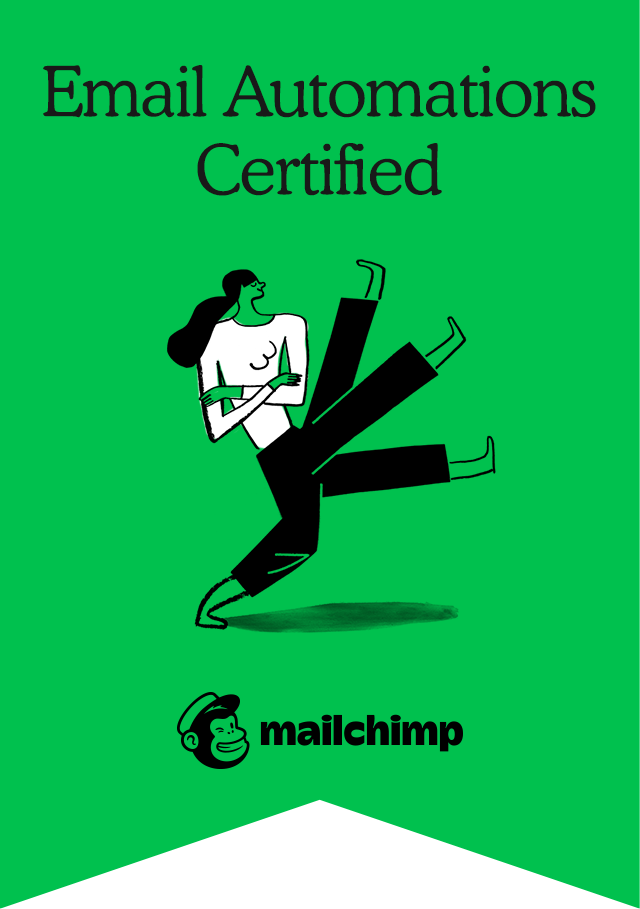


What to Put in Your Newsletters in 2026
Over the past year of helping DMOs to improve their email marketing efforts, I have gathered some insights as to what content you should be including in your monthly leisure newsletter. Some like to send messages that strictly include new blogs, others treat it as a event calendar in the inbox, and while both of those are great content pieces to include, this is what we’ve seen work best:
Think about your monthly newsletter as a trip-planning page for the upcoming month or season.
When you shift your mentality to this, now maybe you’re picturing some like…
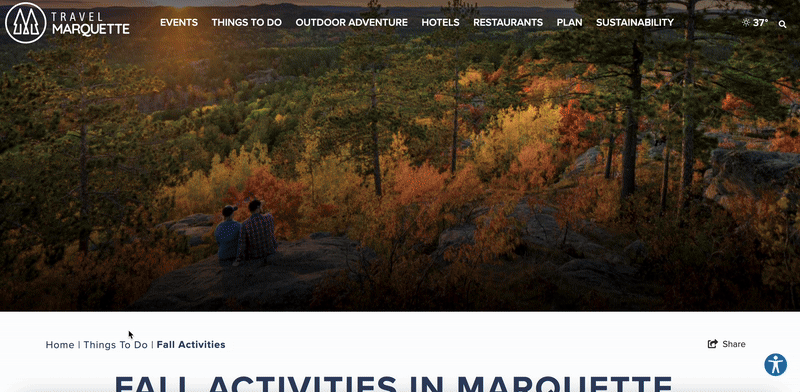
Exactly!
Just like you would a landing page, for a newsletter, you’ll start off with some eye-catching imagery, a header, and a short blurb about what’s going on in your destination during that season. Then, you’ll dive into the main things people travel to your destination for during this time. For landing pages, you’d set this up as a short header with a nice image and a brief blurb with a CTA, telling users where to find more info about that specific activity. For newsletters, do the same!!! Less is more in the inbox. Keep your copy brief and tease the click. Then maybe toward the bottom you’ll feature some more related pages like your events calendar, niche activities, planning tools, etc. This is exactly the type of content your email subscribers want to see in 2026!
If you need some help refreshing your email templates in 2026, let us know! We would love to help!
 Emma Herrle Digital Marketing Strategist
Emma Herrle Digital Marketing Strategist Takeaways from Google’s DMO Pilot Program x Destinations International
This month’s session focused on improving destinations’ visibility in AI-powered search – specifically in visual elements that show up on Google’s search results pages, such as events and videos.

For example, Visit Shipshewana successfully earned an organic placement in Google’s “Top Events” section for “The Christmas Candy Caper.” This is an excellent demonstration of how destinations can boost their discoverability.
Recommendations for securing placements such as these include implementing event schema markup, ensuring all events have their own dedicated pages, crafting rich descriptions and titles for videos, and above all, prioritizing great content for people first.
While there are many technical elements to SEO, it’s important to remember Google’s overarching goal: to share the most helpful, thorough, and accurate content with its users. Our focus should be on ensuring our content excels in those areas and stands out through quality and relevance.
You can explore more resources from the latest Program through the DMO Partner Hub: https://google.brandlive.com/DMO-Hub/en/home
 Sydney Van Hulle Digital Advertising Strategist
Sydney Van Hulle Digital Advertising Strategist What the Louvre Jewel Heist Teaches Organizations About Cybersecurity
That’s right, one of the most prestigious museums in the entire world has utilized one of the worst cybersecurity practices of all time. While our day-to-day tasks are not as high stakes as losing access to priceless artifacts, we can all take a lesson from the Louvre and do a bit of our own digital safety clean-up.
Managing your organization’s website, email, Facebook page, social platforms, etc. means juggling multiple passwords and account access at the same time.
Start by making sure every account for your organization is password protected, with only the main account owner knowing that password. They should be at least 10 characters in length (or longer) and make them complex by using upper- and lower-case letters, numbers, and special characters. Sites like LastPass, 1Password, and Norton offer free password generators that can come up with unique combinations—just be sure to write them down or save them in a password manager afterwards.
For Meta (and your website!), log into the backend and see who exactly has access to your organization’s pages and/or Business Manager. Do former employees still have editing access? Is there an agency that is still listed as a partner even though you haven’t worked with them for over a year? Limiting the number of people who have access to your organization’s page is a best practice and can lessen the chances of your page being compromised. The worst-case scenario.
Keeping track of all log-in info in one place, doing periodical check-ins to see who has access to your organization, and updating all passwords can feel tedious, but it can ultimately save your organization’s information in the long run. It’s better to be safe than sorry—just ask the Louvre!
